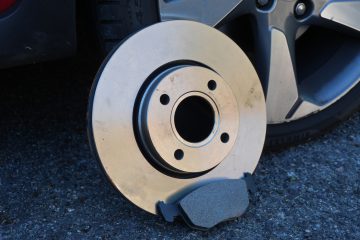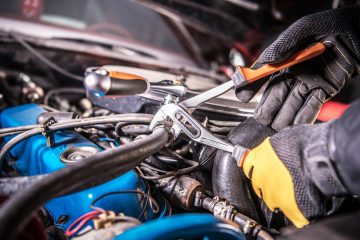Hella Hengst is urging garages undertaking air conditioning servicing to also consider the need for cabin filter replacement.
With warmer weather on the way, many drivers are expected to see a need to have their air conditioning systems checked. This presents an opportunity for workshops to educate drivers on the importance of the cabin filter, and the reasons why regular replacements are beneficial.
The key point to make is that neglected heating, ventilation, and air conditioning (HVAC) systems can lead to the spread of bacteria and mould, endangering the health of both drivers and passengers.
“As a garage, you’re not just in the business of fixing cars; you’re also in the business of ensuring your customers drive away safely,” said Ian Mattacola, Hella Hengst Product and Brand Manager. “Routine tasks like brake safety checks are common but many workshops simply forget about replacing the cabin filter.”
Education on cabin filters
With more and more drivers holding onto their cars for longer, with the UK car parc continuing to age, there are an increasing number of drivers who are unaware of the requirements to replace serviceable parts.
This means technicians are in a position to offer more advice on vehicle servicing than ever before. The cabin filter is a good example of this, being one component that is often overlooked when it comes to regular replacement.
“Garage owners have a responsibility to educate their customers about the importance of this often-neglected filter and to include it as part of their regular service recommendations,” said Mattacola. “Advising customers on cabin filter replacement demonstrates a commitment to their overall satisfaction and safety.”
Regular replacement
Cabin filters should be replaced at least once a year, or twice a year if the vehicle is driven extensively.
Designed to filter out airborne particles before they enter the vehicle, a clean cabin filter ensures the air breathed-in by passengers is free from harmful contaminants which can exacerbate allergies and respiratory problems.
A clogged filter will additionally result in reduced airflow from vents, inconsistent temperature control, and increased strain on HVAC components, potentially leading to costly repairs down the line.
“Replacement with a standard cabin filter will protect the HVAC system and remove pollen and dust,” said Mattacola. “Upgrading to an activated carbon filter additionally removes bad-smelling odours and hazardous gases such as ozone, smog and exhaust fumes.”



